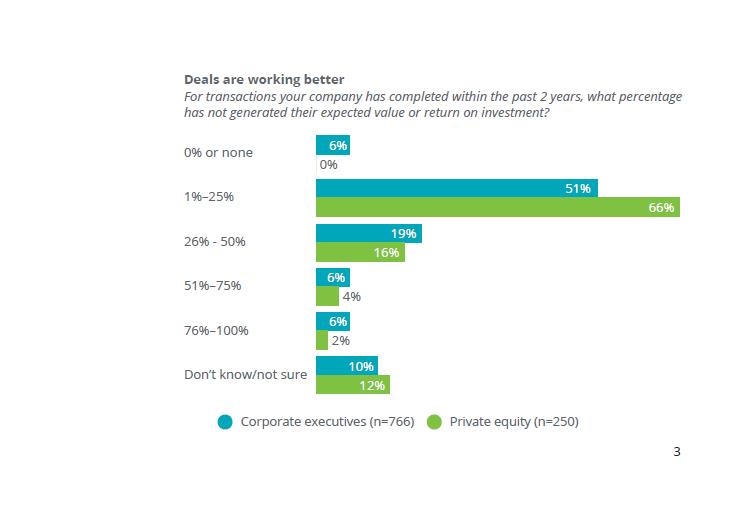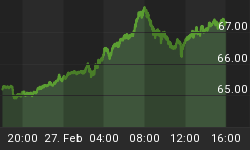Dow-Dupont ($156 billion), AT&T-Time Warner ($85 billion), CVS-Aetna ($68 billion). Welcome to the era of merger mania, where corporate deals have never been bigger or more numerous. The current trend of major asset remixes saw more than 50,000 M&A deals across the globe in 2017 alone, a record run.
More than half a million such deals have closed over the past 11 years.
Bad for Business?
And, it's only going to get better (or worse depending on your perspective).
According to a 2018 M&A Trends report by Deloitte, corporate and private equity firms will see an acceleration of mergers and divestitures going forward. It’s hardly surprising given a global economy that remains hale and hearty while Trump's tax cuts now give American companies the opportunity to repatriate their foreign holdings and use some of it in M&A.
Not everyone is excited by that trajectory, though.
German insurer Allianz has been on an acquisition spree and has proposed a tie-up with peer Zurich Insurance. While Allianz chief Oliver Baete has expressed his interest in more takeovers even in the U.S., Zurich executives are less sanguine and have expressed their reservations at the kind of disruption that such a move would bring, especially for the smaller company being acquired.
Zurich executives seem to be echoing the conventional wisdom that most mergers end up not delivering promised synergies or adding sufficient shareholder value. Related: ECB Signals An End To Its Stimulus Program
Many studies in the past prove this, including this one by Wall Street analyst, Bain Capital, which claims that most M&A deals do not generate the synergies that are usually the driving force of such mergers.
Bain puts it even more bluntly, saying that companies actually set themselves up to fail by setting highly aggressive targets in order to justify the deals and loosen the purses of bankers and other financiers.
But Bain added that some mergers do manage to exceed expectations, giving the 2008 giant tie-up between brewers Anheuser-Busch and InBev that created AB InBev, the world's largest brewer. Bain points out that the merger was able to generate about $2.5 billion in synergies, much more than what was expected on account of sheer size, and the resulting economies of scale, alone. The combined entity was able to realize a 16.8 percent EBITDA expansion over a three-year period following the merger, much higher than the 3.2 percent average improvement by Consumer Goods companies.
Recalibrating the Rules
AB InBev might look like an isolated case, until you look deeper into the latest Deloitte study.
According to the report, only 12 percent of company leaders said that mergers were not generating the expected return on investment. That's a sharp drop from nearly 40 percent reported in the spring of 2016.

(Click to enlarge)
Source: Deloitte
Related: Cryptocurrencies Continue To Show Subtle Gains
This suggests the old playbook could be changing, and M&A deals are now more likely to work than not. Maybe corporate leaders have become better at overcoming the various integration challenges that such deals bring.
Playing Merger Arbitrage
For speculators who would like to have a piece of the M&A craze, playing merger arbitrage is an effective way to do so.
Merger arbitrage involves trading stocks of companies involved in M&A deals due to the large price premium usually offered for the company being acquired. If the merger goes through, the stock price of the target company rises while that of the acquiring company falls.
You can learn more about merger arbitrage here.
By Alex Kimani for Safehaven.com
More Top Reads From Safehaven.com:
















